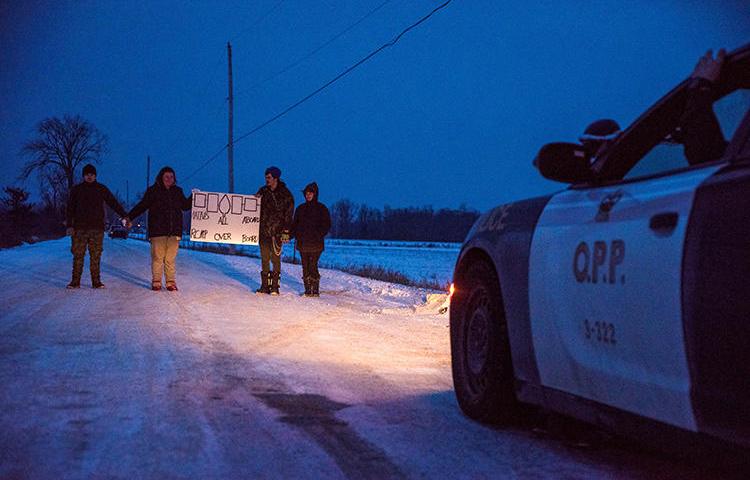
Canadian police detain, obstruct journalists covering raid on pipeline protesters
On February 6, 2020, the Royal Canadian Mounted Police announced that they would begin physically removing protesters, many of whom are members of the indigenous Wet’suwet’en people, from encampments in British Columbia, where they have been demonstrating against the construction of a natural gas pipeline, according to media reports.
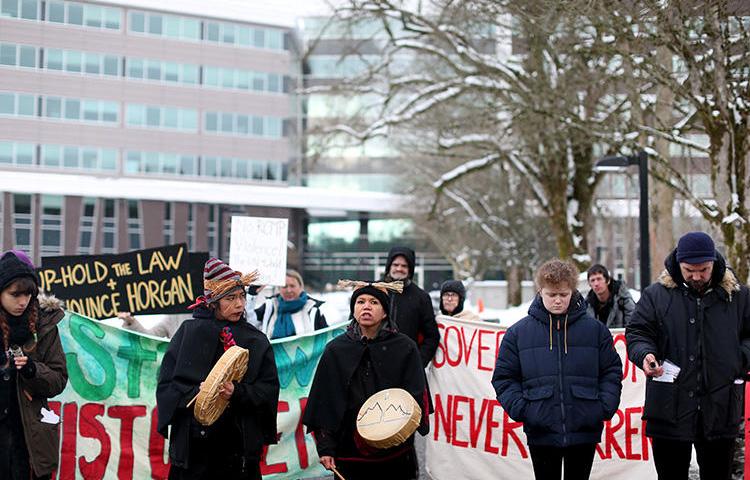
CPJ calls on Canadian police to let journalists work freely at indigenous protest sites
New York, February 7, 2020—In response to news reports that the Royal Canadian Mounted Police (RCMP) yesterday obstructed journalists trying to cover police operations at indigenous protest camps in British Columbia, the Committee to Protect Journalists today issued the following statement:
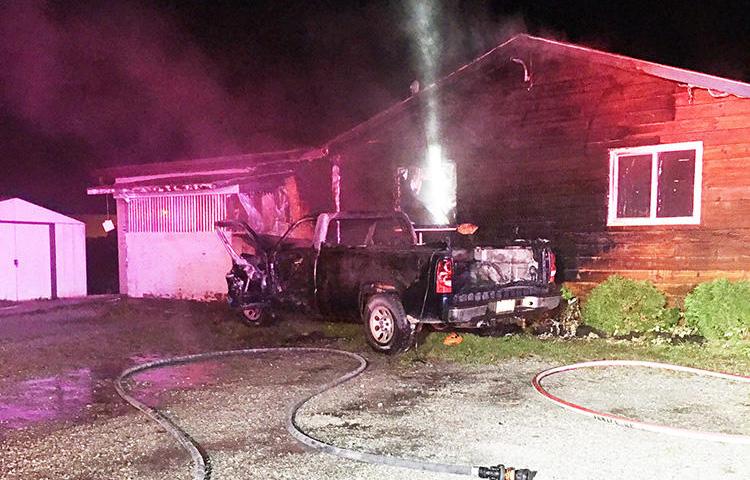
Arson attack damages indigenous newspaper office in Canada
New York, November 6, 2019 — Authorities in the Six Nations Territory in Canada should conduct a prompt and thorough investigation into an arson attack on the offices of the Turtle Island News newspaper, the Committee to Protect Journalists said today.

Legal threats prompt journalists to take creative approaches to investigative stories
When BuzzFeed News reporters Jane Bradley and Katie J.M. Baker began investigating claims of sexual misconduct by self-help guru Tony Robbins in early 2018, they did what any journalist would do, and reached out to people who might know about the allegations.

Why newsrooms need a solution to end online harassment of reporters
Stef Schrader was on vacation in Germany last year when spam messages started to flood her inbox. Seeing random emails from Macy’s—and job alerts for the position of “Chief Idiot”—she realized someone had signed her work email up to dozens of email lists.

Why going solo is a risk for female reporters in the US and Canada
In June 2016, an attacker was terrorizing women on a jogging path in Edmonton, Canada. A video journalist at a large Canadian broadcaster was assigned to cover the story on the night shift. Multiple sexual assaults had been reported and the man was still at-large.
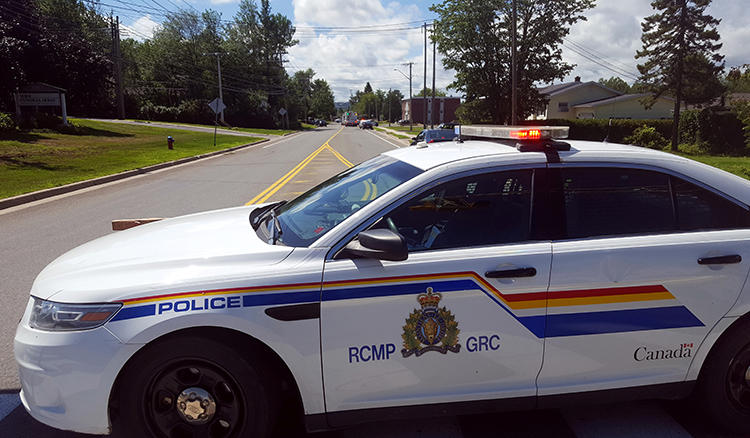
Vice Media compelled to give chat logs to Canadian police
On July 4, 2019, Vice Media exhausted its legal options to resist a demand from Canadian authorities to turn over chat logs between one of its reporters, Ben Makuch, and his source, Farah Shirdon, a Somali-Canadian man who allegedly joined the Islamic State militant group, and gave the logs to police, according to Makuch, who…
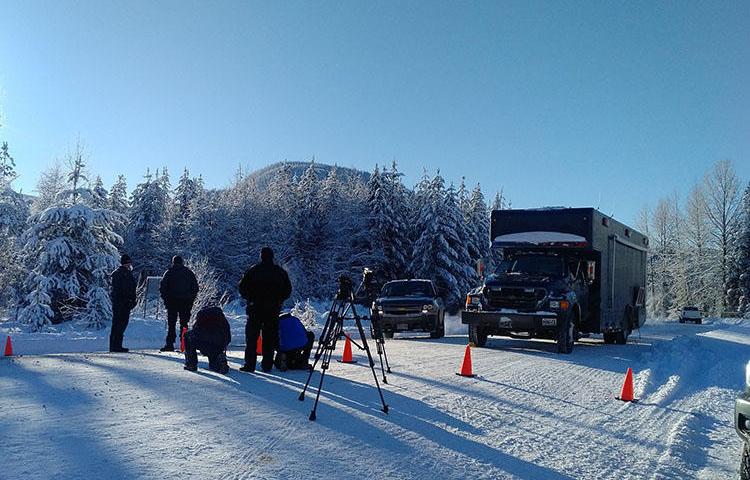
In Canada, police block media from covering break up of indigenous pipeline protest
New York, January 8, 2019–The Royal Canadian Mounted Police (RCMP) yesterday blocked reporters from covering a pipeline protest near Houston, British Columbia, where police were due to dismantle camps set up by indigenous activists, according to reports.
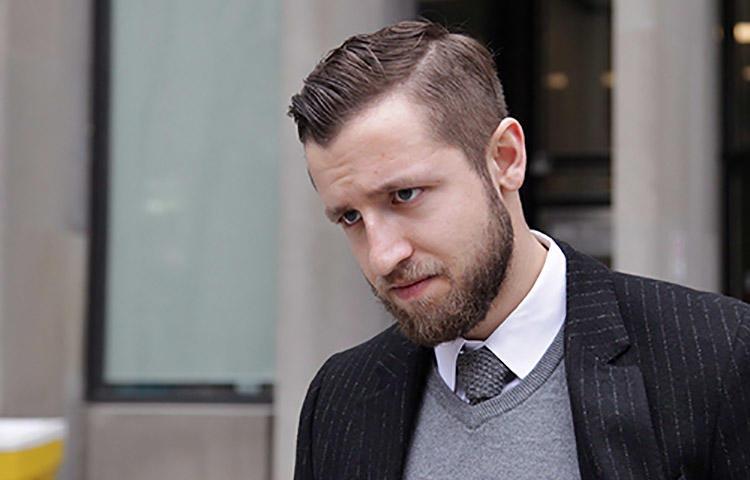
Canada’s Supreme Court rules against Vice Media reporter Ben Makuch
New York, November 30, 2018–The Canadian Supreme Court today upheld a lower court ruling that Vice Media reporter Ben Makuch should hand over his communications with a source. In a 9-0 decision, the court dismissed an appeal from Vice Media Canada Inc. and Makuch that challenged a Royal Canadian Mounted Police order requiring Makuch to…
